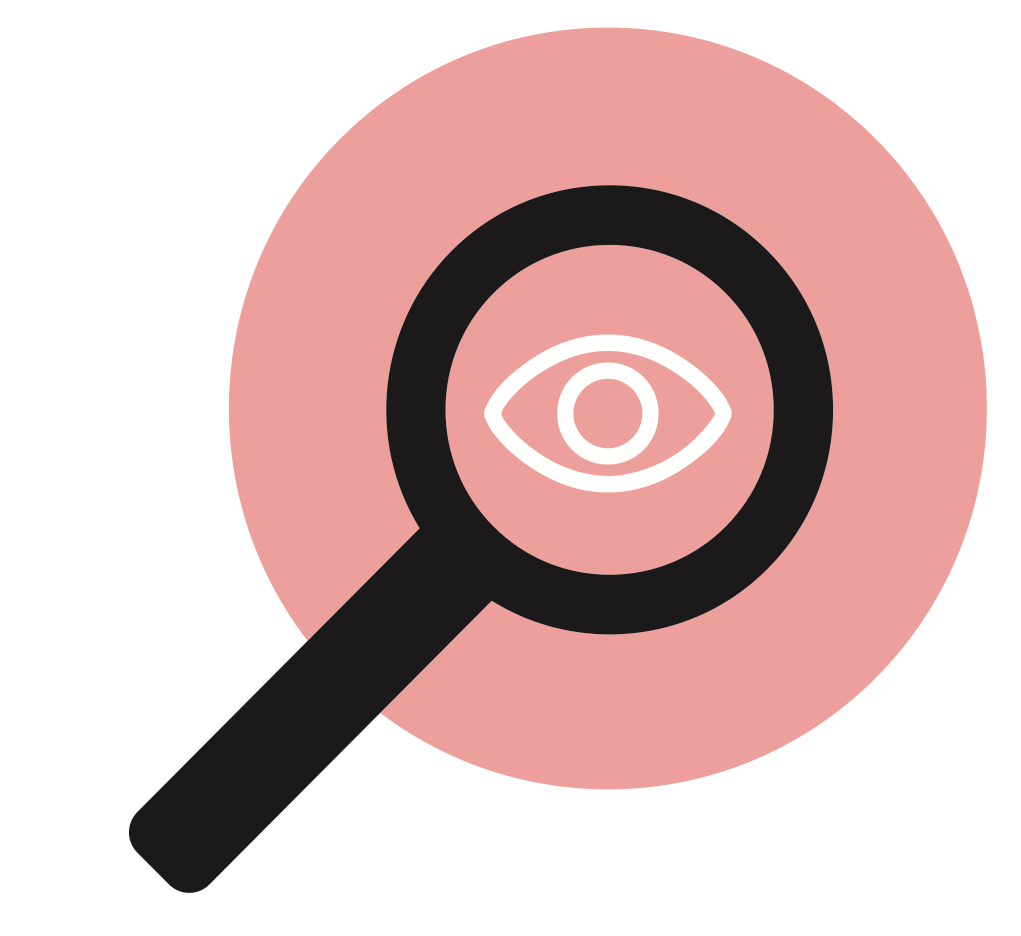Introduction
Previous / Next
The Self
Introduction

Welcome back to some more self-detective work. This time we are looking at the self: what makes us who we are, our beliefs and values, different ways of seeing ourselves, our true and false selves, our senses and our habits. We will ask such questions as: How did we come to be ourselves? What is our ideal self? Can we change?, and many more besides.
If you had a chance to work through ‘Starting Up Your Own SD Agency’, we hope that some of the tools, frameworks and goals will complement the insights and exercises here.
Previous /
Next